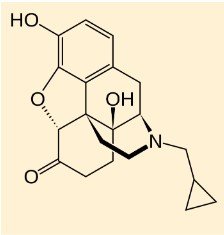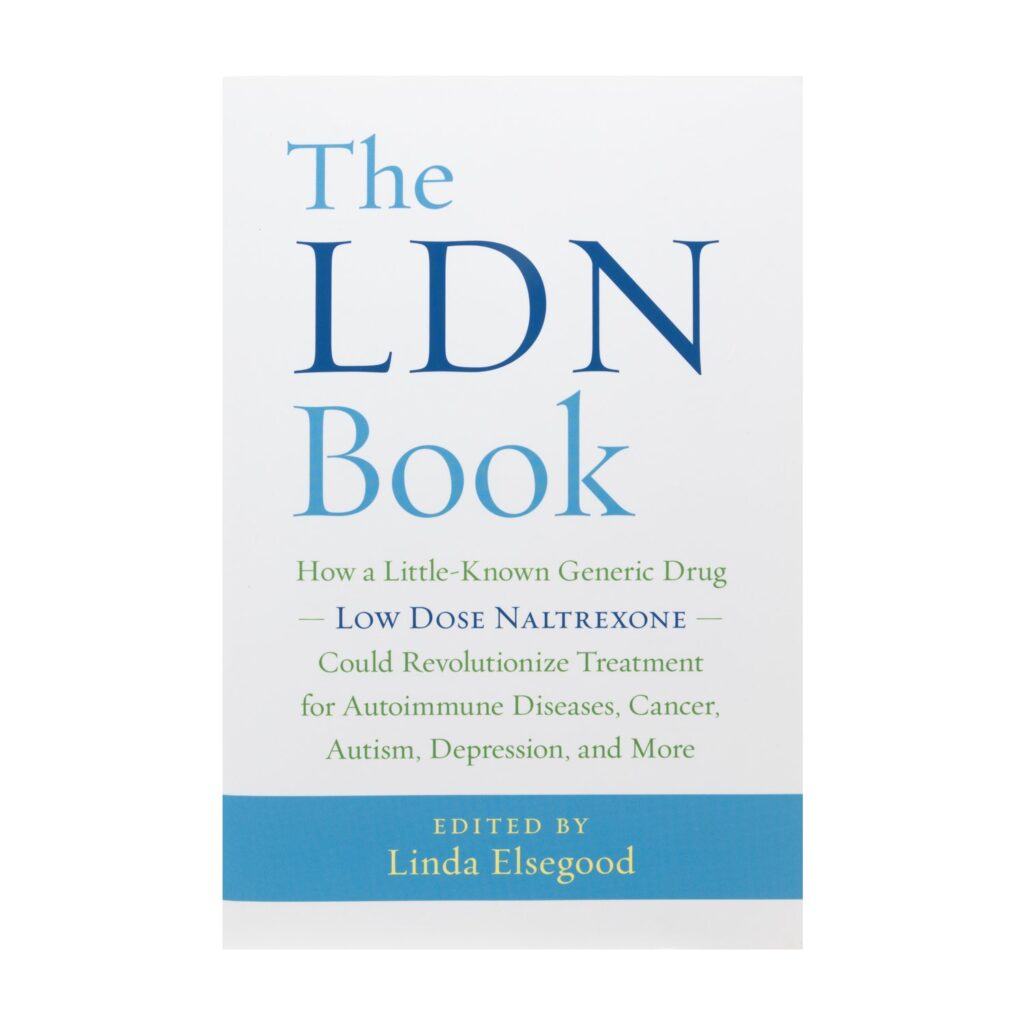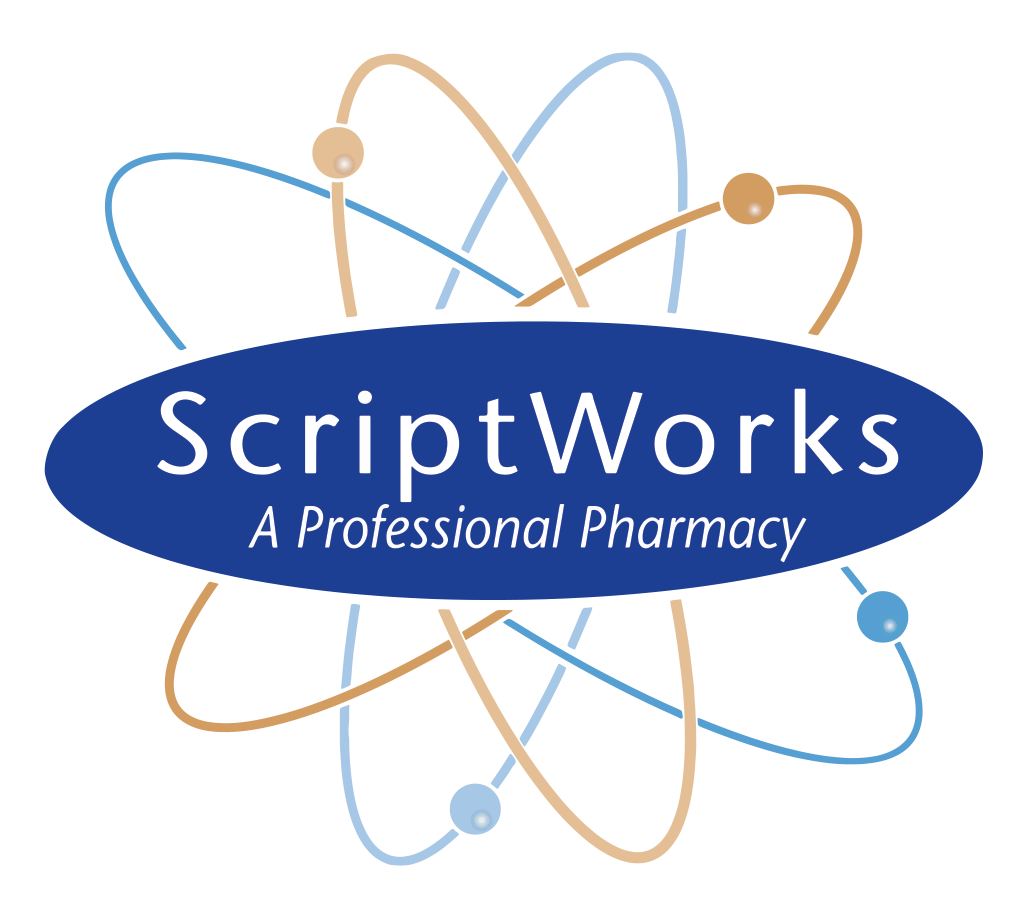
Author: Bob Brensel | President, Pharmacist | ScriptWorks
Bob Brensel, RPh, earned his Pharmacy Degree at University of the Pacific in Stockton, California in 1980. Former California Pharmacists Association’s Award Winner for Recognition of Outstanding Achievement in Compounding Pharmacy. Read More →
LDN: A Medical Game-Changer Making Waves
Naltrexone is an opiate receptor antagonist. The 50-mg dose of Naltrexone was approved by the FDA for opioid and alcohol addiction in 1984. At much lower doses (0.5–9 mg per day), it may provide relief to patients suffering from autoimmune diseases, chronic pain, mental health diseases, and inflammation.
A Compounding Pharmacy and LDN
Low Dose Naltrexone (LDN) is emerging as a potential game-changer in the medical world.

LDN’s unique mechanism of action, coupled with promising results in various medical conditions, has led to increased interest from both patients and healthcare providers from many different disciplines. As with any emerging medical treatment, more research is currently ongoing to help the medical community fully understand LDN’s potential and safety across different conditions.
ScriptWorks has spent countless hours researching, teaching, and collaborating with healthcare professionals on LDN since 2014.
At ScriptWorks, we have carefully compounded LDN for over 1000 patients, and we believe this is truly the tip of the iceberg. Compounding the tiny doses of LDN requires precise calculations and continuous laboratory potency testing to ensure the accuracy of our compounded formulations. Doctors rely on our pharmacists’ knowledge and expertise to help their patients understand this evolving drug therapy.
Low dose naltrexone may be able to exert anti-inflammatory and immune-modulating effects via its role in the inflammatory pathway cascade. It is able to increase endorphins, the body’s naturally occurring opioids, to reduce inflammatory signals called cytokines; thus, reducing the inflammatory response to pain or trauma.
We also urge providers to start their initial LDN titration slowly, as some patients experience their optimal response at doses lower than the acclaimed 4.5mg. With a slow, gradual titration of the dose (using our unique LDN Starter Kit) the side effects are very minimal or non-existent.
Patients who may benefit from LDN Therapy
- Chronic Pain
- Hashimoto’s
- Parkinson’s disease
- Arthritis
- Graves’ disease
- Alzheimer’s
- Ulcerative Colitis
- Crohn’s Disease
- Psoriasis
- Eczema
- Neuroinflammation
- Sjogren’s Syndrome
- Inflammation
- Multiple Sclerosis
- Irritable bowel
- Celiac disease
- Autism
- Fibromyalgia
- Lupus
- Traumatic Brain
- Injury (TBI)
- Cancer
- HIV/Aids
- Lyme Disease
- Weight Loss
- Animals
Featured Stanford University LDN Review on Chronic Pain
LDN has been demonstrated to reduce symptom severity in conditions such as fibromyalgia, Crohn’s disease, multiple sclerosis, and complex regional pain syndrome. We reviewed the evidence that LDN may operate as a novel anti-inflammatory agent in the central nervous system via action on microglial cells. Read on and learn more >>

For patients and doctors, ScriptWorks is an outstanding resource for LDN. The LDN Book 3 is now available for sale. Get in touch with us today or visit us at our clinic.

